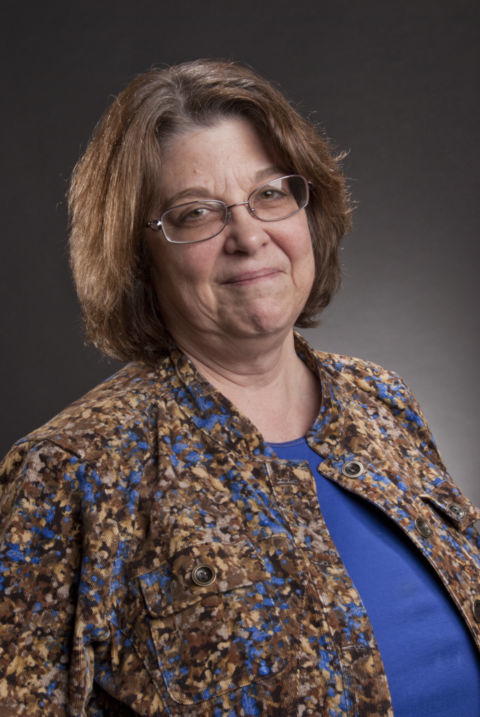
Biography
Dr. Johnson is a specialist in Victorian literature and regularly teaches courses in nineteenth and twentieth century British literature, women’s studies, feminist criticism, and interdisciplinary humanities. She also serves as associate director of the School of Humanities and as coordinator of the Humanities Graduate Program, the English Program, and the Interdisciplinary Humanities Program. Dr. Johnson‘s research is focused on the novel and its representations of women and class issues. She is currently working on the poetry, fairy tales, and novels of British working-class writer Ethel Carnie Holdsworth.
Professional Affiliations
- Modern Language Association
- Interdisciplinary Nineteenth-Century Studies Society
Research Interests
- Victorian literature
- Women's writing
- Working-class writing
- The British novel
Publications
Hidden Hands: Working-Class Women and Victorian Social-Problem Fiction. Athens, Ohio: Ohio University Press, 2001.
"Unlimited Liability: Women and Capital in Margaret Oliphant's Hester," Nineteenth-Century Gender Studies, 6.1 (Spring 2010)
"Finding Her Voice(s): The Development of a Working-Class Feminist Vision in the Poetry of Ethel Carnie," Victorian Poetry, 43:3 (Fall 2005), 297-315.
"Embodying Losses in Pat Barker's Regeneration Trilogy," Critique: Studies in Contemporary Fiction, 46:4 (Summer 2005), 307-19.
"The New Woman and the Old Prostitute: Women and the Professions in the Late Nineteenth Century," Australasian Victorian Studies Journal, 10 (2004), 31-42.
"Art and Assassination in Elizabeth Gaskell's Mary Barton," Victorians Institute Journal, 29 (1999), 149-64.
"The Gendered Politics of the Gaze: Henry James and George Eliot," Mosaic: A Journal for the Interdisciplinary Study of Literature, 30, No. 1 (March 1997), 39-54.
"Charlotte Bronte and Desire (to Write): Pleasure, Power, and Prohibition," in the essay collection Anxious Power: Reading, Writing, and Ambivalence in Narrative by Women, edited by Carol J. Singley and Susan E. Sweeney, Albany, N. Y.: SUNY Press, 1993, pp. 173-84.
"'This Heretic Narrative': The Strategy of the Split Narrative in Charlotte Bronte's Villette," SEL: Studies in English Literature, 1500-1900, 30 (Fall 1990), 617-31.
"Sex and Betrayal in the Detective Fiction of Sue Grafton and Sara Paretsky," The Journal of Popular Culture, 27, No. 4 (Spring 1994), 97-106.
"'This Heretic Narrative': The Strategy of the Split Narrative in Charlotte Bronte's Villette," SEL: Studies in English Literature, 1500-1900, 30 (Fall 1990), 617-31.
"Hard Times and the Structure of Industrialism: The Novel as Factory," Studies in the Novel, 21 (1989), 128-37. Reprinted in Charles Dickens's Hard Times: Norton Critical Edition, edited by Fred Kaplan (2000) and Critical Insights: Charles Dickens, edited by Eugene Goodheart, Salem Press (2010).
Education
B.A.; Ph.D. (Minnesota)